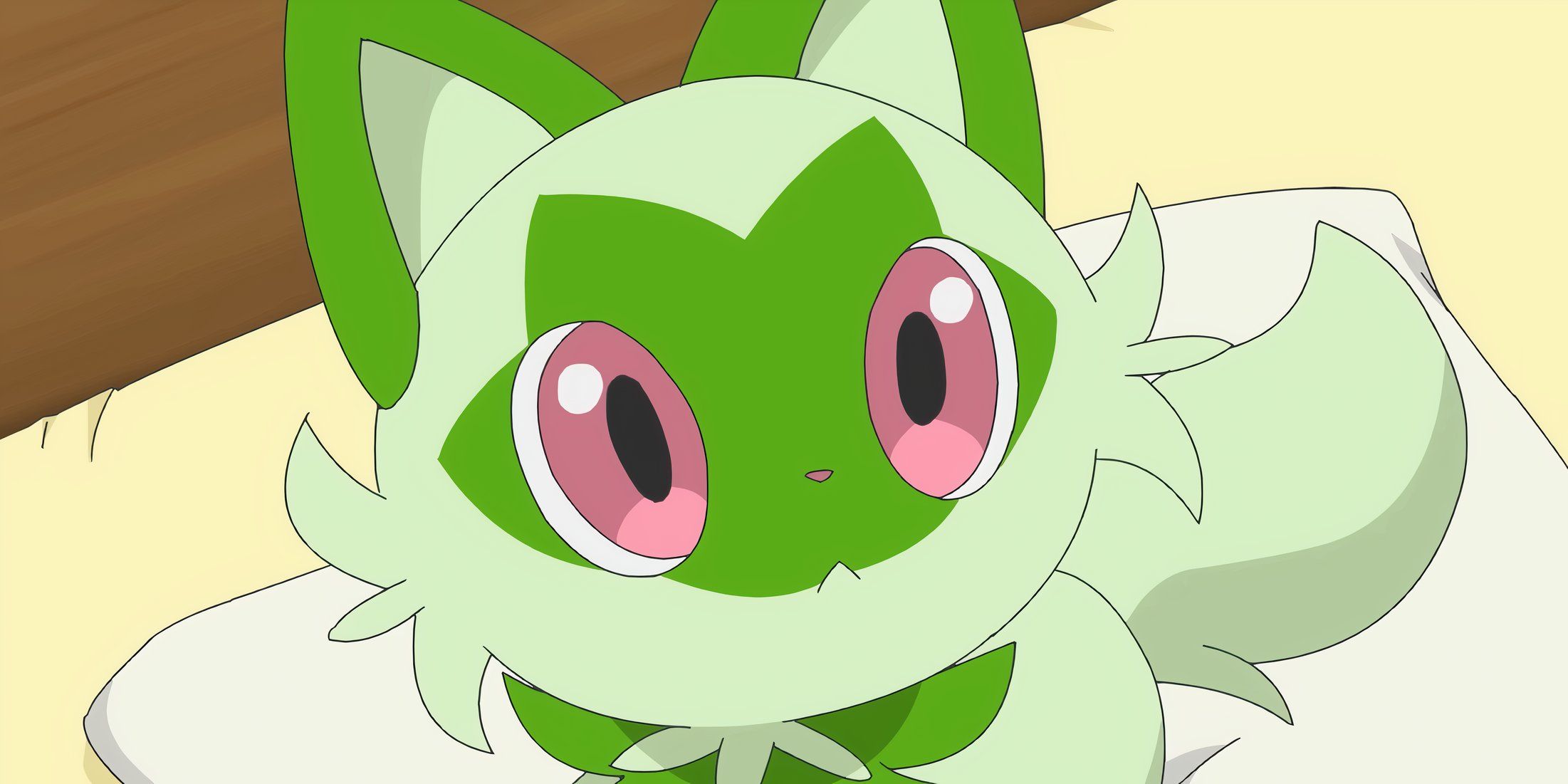Highlights
- The Paladin class in Baldur's Gate 3 is popular for its powerful combat abilities and easy gameplay for newcomers.
- Paladins can choose one of three Oaths that determine their subclass and unique features and spells.
- Multiclassing with other classes like Warlock or Sorcerer can enhance a Paladin's abilities, especially in midgame.
Baldur's Gate 3 comes with a myriad of classes to choose from that make every playthrough unique. One class that has proven to be popular with Baldur's Gate 3 players is the Paladin. Paladins are akin to knights who have sworn an oath and are bound by that oath. If the oath is broken, the Paladin faces dire consequences. Paladins are typically lawful or neutral good and use magic to augment their combat prowess.
Thanks to Larian's implementation of their Oath in gameplay as well as the Paladin's sheer prowess in battle, the Paladin is a popular class that is both powerful and easy to play for newcomers to the world of RPGs and Baldur's Gate 3. Here are some things to keep in mind while playing one.

How Baldur's Gate 3's Dark Urge Parallels BG1 And BG2
Baldur's Gate 3's Dark Urge storyline includes many parallels to the journey of Gorion's Ward, the player character of the original games.
Building a Paladin in Baldur's Gate 3
Make an Oath
Paladins can choose to take one of three Oaths, which happens in the character creator at Level 1. These Oaths are the core of the Paladin and inform their actions and abilities in and out of combat. The type of Oath the Paladin makes serves as the Paladin's subclass and comes with unique features and spells as with any other subclass. What sets the three Paladin Oaths apart are the specifics of the Oaths, with each one serving a different mandate.
Oath of the Ancients
Paladins who take the Oath of the Ancients adopt a healer or support role in combat. They're equipped with a skillset that includes AoE healing. At Level 7, Oath of Ancients Paladins get the Aura of Warding, a buff that grants the Paladin and nearby allies half damage from spells, which is incredibly effective at higher levels.
Oath of Devotion
This is the first of the combat-based Paladin subclasses. The Oath of Devotion uses the Paladin's Charisma score to add to chance to hit for 10 turns using Oath Charge Action.
Oath of Vengeance
By far the most morally gray of the three Oaths, the Oath of Vengeance focuses on punishing the wicked and taking down singular enemies. While this Paladin may not be equipped to deal with crowd control, they hone in on the worst of enemy bosses and concentrate all their power into singular hits. Their Oath charge, Vow of Enmity, gives advantage on hits and makes every hit count.
Oathbreaker
There is a fourth subclass that cannot be chosen in character creation, and is instead obtained through gameplay: the Oathbreaker Paladin. A Paladin becomes an Oathbreaker if they commit an action in violation of their Oath, such as harming an innocent or not enacting justice on the unworthy. Oathbreaker Paladins are an entire subclass of their own, with a unique set of skills and spells. They're fantastic for roleplaying, and every Paladin with the Dark Urge Origin is likely to become an Oathbreaker Paladin at some point, which will become a key moment in their story.
Multiclassing
While Paladins come with a solid skillset and some of the best core attacks in Baldur's Gate 3, some of their higher-level abilities don't match the other classes and are quickly outmatched. Around midgame, it may be better to start looking at multiclassing a Paladin, especially as Paladin's abilities work well with other classes, especially their fellow Charisma classes.
Multiclassing as a Warlock from Level 6 is an effective choice, as it grants access to the cantrip Eldritch Blast and the Pact of the Blade, letting the Paladin use Charisma instead of Strength when making weapon attacks. Multiclassing with Sorcerer is also popular, giving the Paladin access to a variety of powerful spells to supplement their weapon attacks.
Baldur's Gate 3's Implementation of the Oath
Simple Combat
The most complicated classes to play in Baldur's Gate 3 are the spellcasting classes, while the most simple are the mundane ones such as Barbarian, Rogue, and Fighter. Paladin falls somewhere in the middle, with a core group of combat skills that are augmented and supplemented by a few key spells. Combat is simple for Paladins, making them a great choice for first-time players.
Be Good
A Paladin's Oath is everything and dictates their actions across every part of their lives. This is great for roleplaying a certain type of character, but it also means that Paladins are limited to being lawful or neutral good without a lot of variety. This makes roleplaying very streamlined and simple, which is great for newcomers to RPGs who may be at a loss as to how to roleplay a character, but it can feel boring compared to the other classes. Players who want to branch out may want to consider breaking their Oath to become Oathbreaker Paladins, then multiclassing to benefit from other class features and spells.
Roleplaying a Baldur's Gate 3 Paladin
Don't (or Do) Break the Oath
Many actions make life easier in Baldur's Gate 3. Setting up ambushes and striking first before initiating combat can make impossible battles infinitely easier, pickpocketing can lead to wealth, and sometimes the plot requires items to be stolen and places to be trespassed on.
Unfortunately, all of these actions also break a Paladin's Oath. Remaining a Paladin with their Oath intact requires being good, always, lest their Oath be broken. Always talk to enemies before initiating combat, try to compromise and negotiate, punish the wicked if necessary, and don't steal or pickpocket. If anything illegal is necessary, make another party member do so, which will keep the Oath intact.
Use Charisma
Paladin is one of the four Charisma-based classes in Baldur's Gate 3: Paladin, Bard, Warlock, and Sorcerer. These are also the most popular classes thanks to their core use of the Charisma stat. Charisma is an incredibly useful skill outside of combat and influences Persuasion, Intimidation, Performance, and Deception checks. The link between Charisma and dialogue makes for creative roleplaying and charismatic player-characters. As Paladins rely on Charisma, it's good to use items to buff Charisma, as well as any opportunity to increase it permanently.




